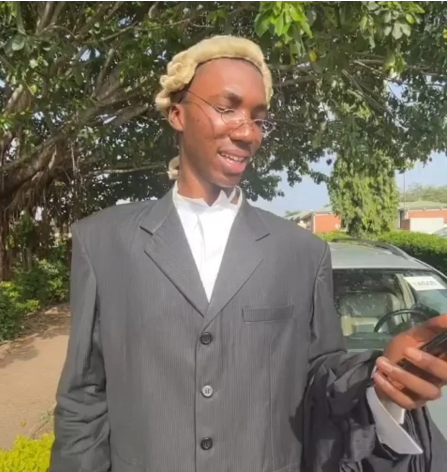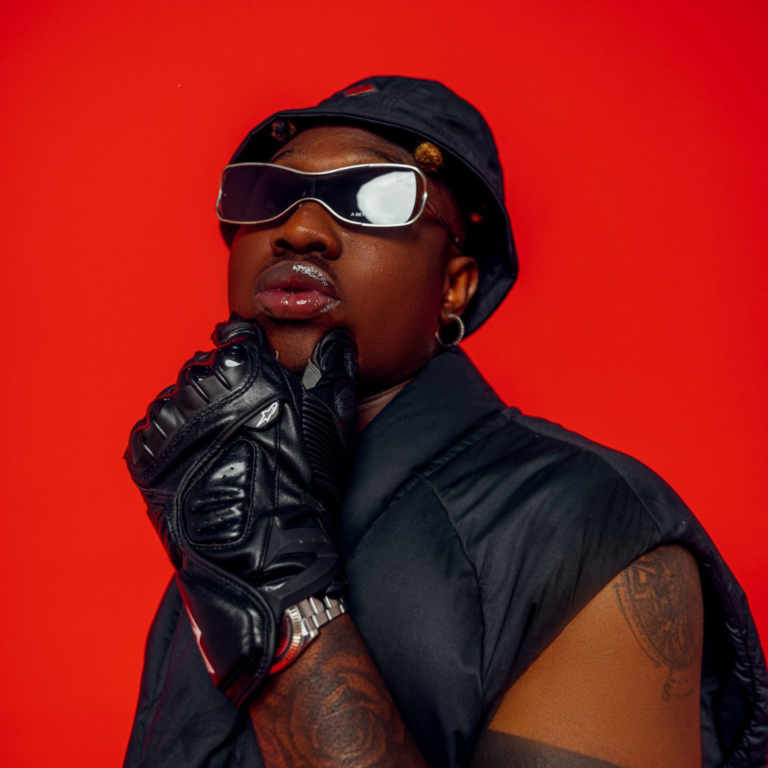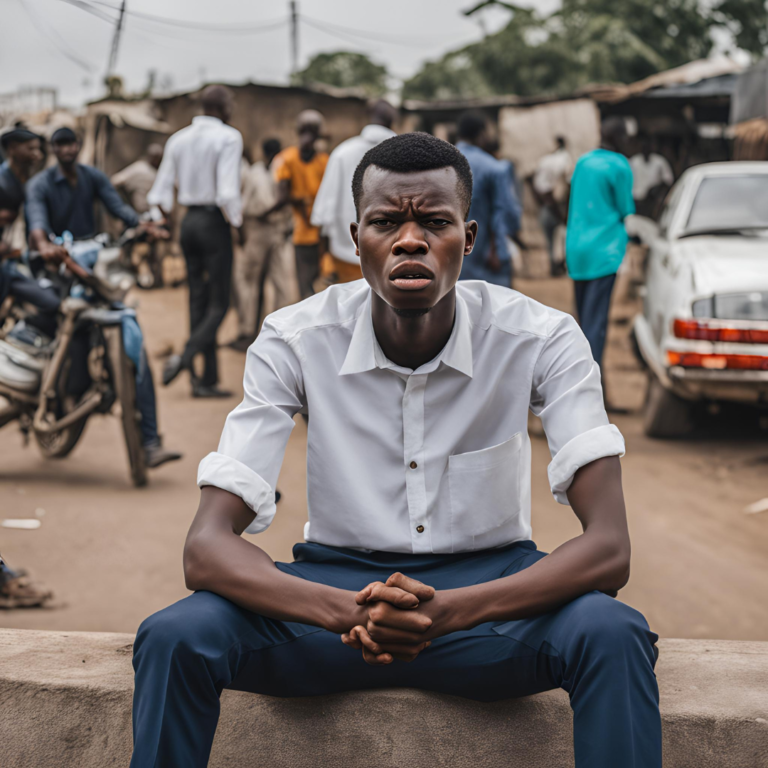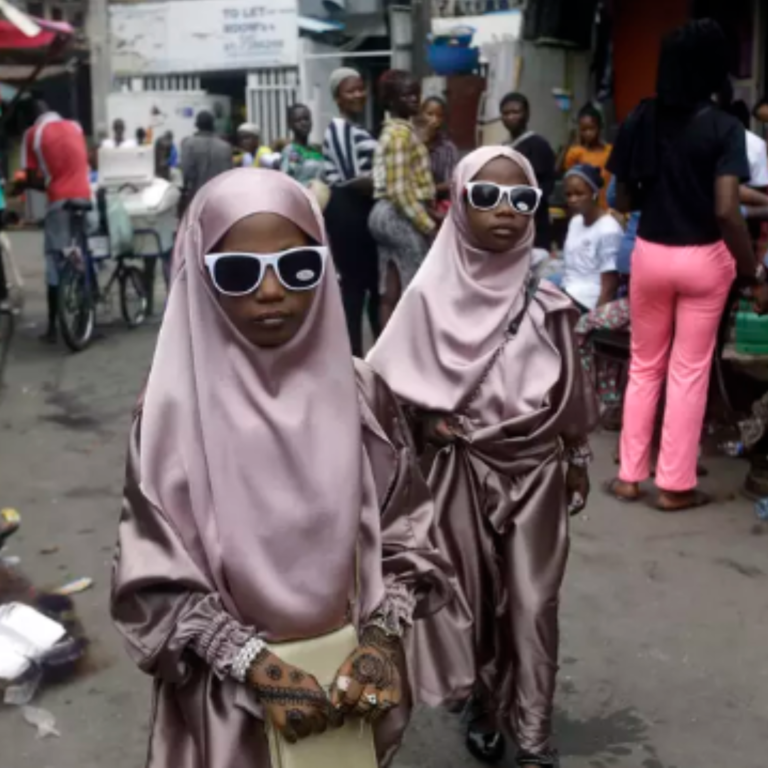In the Nigerian music industry, most copyright infringement cases go unpunished. But on November 22, 2023, the Nigerian proverb, “Everyone is a culprit. But the one caught on the day is a thief,” latched onto former NATIVE Records artist, Smada.
SMADA EH! vs Hamba Wena
In April 2023, Smada posted a video in which he was hanging with Poco Lee at Obi’s House. In October, the two made another video that went viral. In it, Poco and Smada sang along to a short but infectious “Smada eh, Smada ah” snippet.
Soon, the X timeline was filled with requests for them to release the song. But many South African and Nigerian listeners were furious at the snippet and remarked that it was a copy of Deep London’s Hamba Wena. Unconcerned, Smada released SMADA EH! featuring Poco Lee and producer-DJs, Smeez and Dean, on October 27th. Smada performed the still trending song in public for the first time on November 4, 2023, and on November 7, he kicked off a promo challenge that helped it gain even more traction.
The copyright infringement and imitation comments from South African and Nigerian music listeners too, while other Nigerians maintained that Amapiano “belongs to us now”. Even Nigerian producer, Killer Vybez, tweeted that Nigeria doesn’t recognise copyright.
On November 23, Deep London quoted one of Smada’s promo tweets with “Can you please at least respect South Africans?” In a subsequent quote, he promised to take legal steps against Smada. The following day, he posted a statement that included a suit against Smada for copyright infringement. On November 29, Deep London posted that SMADA EH! had been removed from all digital music platforms. As of December 4, Smada still performs the song.
To understand how copyright infringement works in the music industry, we spoke with Nigerian entertainment, intellectual property and data protection lawyer, Lola Oyedele. She explained the infringement in Smada’s case and what the situation means for the African music scene.
Good vs bad interpolation
Lola: Interpolation is when a song is re-recorded, note by note, copying the basic composition. Artists do this when they don’t have enough money to pay the owner to sample the original song. However, it doesn’t mean you shouldn’t pay to interpolate it. It’s just a cheaper alternative. You still have to get a mechanical license, and you have to give credit.
Sampling is taking an original composition and using it as is in an entirely new song.
Smada interpolated both the beat and melody of Hamba Wena in his song, SMADA EH!. Anyone who doesn’t know who Smada is will hear “Smada ah, Smada eh” and assume Deep London and Boohle made a remix of Hamba Wena.
But none of the money earned off SMADA EH! goes to the South Africans who created the original composition.
Copyright infringement
Lola: What Smada did on his song is copyright infringement because he copied someone’s work without permission. The moment you use and commercialise someone’s creation, it’s an infringement. The only exception in the Nigerian Copyright Act 2023 is in cases of fair use — writing your thesis or news articles with footnotes, you don’t need express permission to do so.
If Smada didn’t get express permission to use the musical composition, there’s no reason why the matter should be taken lightly. That’s somebody’s intellectual property, so he needs to pay.
How Smada could’ve avoided legal drama
Lola: When you plan to use someone else’s work in your music, you should write to them first. They may charge a fee or ask for credit as the original owner of the song. Some also demand a percentage of the music sales.
When it gets legal
Lola: Most unestablished artists use copyrighted work without authorisation because they don’t expect that their songs would exceed five or ten cities, so the original creator may never hear about the used composition.
As a lawyer working with an established artist whose music has been used without permission, I’d write to the unestablished artist saying, “I know your probably didn’t think the song would have a huge traction or reach, but here we are now. What do you want to do about it?” If my legal team decides not to take “sorry”, the next thing to do is pull down the song. But the drama doesn’t end there. My legal team would state which part of our client’s copyright suffered infringement. Smada is earning from the stolen music. “Smada, eh, Smada, ah” is all over on the internet, and he’s getting paid; it doesn’t matter if it’s just a naira or two.
I’m not sure how it’ll go in Smada’s case, but ideally, he should pay the original creators a percentage of every dime he’s earned from the song. As the infringed artist’s lawyer, I wouldn’t take a one-time fee. People are even using the catchphrase as a joke.
The song will be on the internet forever.
If negotiations don’t work, the last resort is to go to court. Court proceedings would happen in the defendant’s jurisdiction or where the infringement occurred. So, in Lagos, Nigeria, where Smada made his record. This case is a civil suit because it’s a matter of intellectual property (IP). The consideration and ruling rests finally on the judge, and the new Nigerian copyright law (2022) is stricter than ever. If Smada’s team can prove they didn’t infringe, no problem. But a case like this can drag, depending on the infringed artist’s label or whichever company might own the original musical composition. The company will institute the action against Smada.
What to do when you’re about to sample or interpolate a song you like
Lola: Don’t incorporate what isn’t yours into your work. It’s alright for inspiration, but learn to get credit. Reach out to the artist, no matter how established they are. There are many internet-savvy entertainment lawyers like Foza Fawehinmi you can also approach.
I work with Teni. Some artists from different places have reached out to use her song, and we gave them out Pro Bono.

What this means for the African creative industry moving forward
Lola: Some artists may find it harder to clear songs, and it may mean tighter copyright laws depending on the location.




